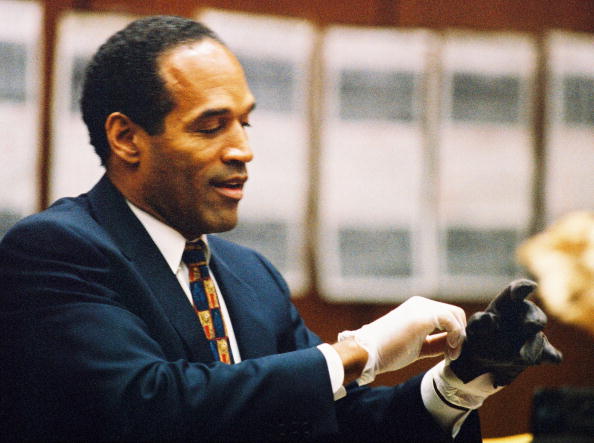THANKSGIVING. For most Americans the word evokes universal images: family, food, prayerful thanks for the blessings we have received throughout the year. A quintessentially American holiday. Yet, these images of American bounty run counter to a growing reality; some 49 million Americans face food insecurity. Of that number, some 17 million are children, which means that half of all American children will need to use federal food stamps at some point in their lifetime and of that a staggering 90 percent of African American children.
The numbers, derived from a research study conducted by the hunger relief organization Feeding America, reflect requests for emergency food assistance from food banks across the country. Escalating unemployment and the so-called jobless economic recovery indicate that the number of people facing hunger will continue to rise. Despite these dramatic numbers, cuts in state and federal funding have reduced support to food banks in the face of growing demand.
Feeding America maintains 200 food banks and is associated with more than 63,000 agencies, including food pantries, soup kitchens and emergency feeding centers.
For most Americans hunger in the developing world – Africa, Asia – is a familiar sight. Today some 13 million Ethiopians in the Horn of Africa rely on food relief, as do approximately 2.8 million people in the Southern African nation of Zimbabwe. While pictures of hunger in Africa are pervasive throughout the United States – and a constant feature in the fundraising appeals of the international charity industry – for most people in the U.S., the idea that 49 million Americans suffer from food insecurity seems unthinkable.
The hard fact that hunger and access to nutritious food is as critical for 1 in 6 Americans as it is for 1 in 4 Zimbabweans certainly diminishes the distance between us all. So, as we look around this Thanksgiving the face of hunger can be our friends, our neighbors, our extended family — here or in Africa — and for some, our own.
These startling figures call out for a major reorientation in U.S. public policy, which continues to be seriously out of sync with the needs of citizens as well as people around the globe.
Nobel Prize winning economist Joseph Stieglitz estimates that the Iraq War costs $720 million per day. According to another Nobel Prize winner, the American Friends Service Committee, it costs $624 to give a child free school lunches for a year. This means that for the cost of one day of war – $720 Million – the country could buy lunch for 1,153,846 kids for an entire year.
As we sit down to dinner today most of our families will begin the meal with a prayer. Even for the agnostics and atheists among us, more often than not, the Thanksgiving meal will always begin with prayer. We pray for the gifts that we are about to receive, for our ability to gather as friends and family, and we call for special blessing for those in our community and around the world who are unable to join in our bounty. I would ask that you add to your family prayers, pray for a change in wrong-headed government policies that continue to prioritize guns over food for our children. And then on Friday, do something about it. Act. Drop your canned goods or make a donation to your local food bank, then pen a letter to your elected officials. Tell them the time to prioritize people is now.
Drop me a comment; let me know what action you decide to take.
The Ties that Bind is a periodic blog by Imani Countess that explores aspects of globalization.
















